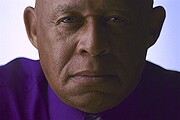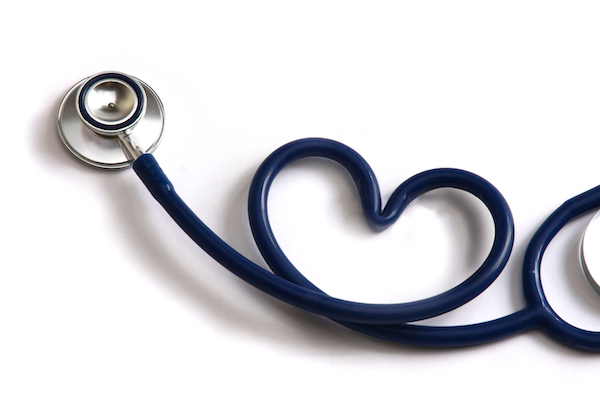
FRIDAY, Dec. 14 (HealthDay News) — Black people are known to be at greater risk for high blood pressure, and now a new study suggests that this places them at an even higher risk for stroke.
“Blood pressure is a triple threat to African Americans,” said study author Dr. George Howard, chair of biostatistics at the University of Alabama at Birmingham. For starters, they are more likely to have high blood pressure and less likely to have their blood pressure controlled once it is elevated, he explained.
His research takes the threat one step further.
“Once it is not controlled, the health impact of increased stroke risk is three times larger for African Americans than whites,” he said. “Collectively, these pathways account for most of the 300 percent increased risk of stroke for African Americans aged 45 to 64.”
The study included almost 28,000 black and white patients who were followed for more than four years. During this time, there were 715 strokes. Every 10 millimeters of mercury (mmHg) difference in systolic blood pressure was associated with a 24 percent increased stroke risk among black patients, but only an 8 percent raised risk among white patients. Systolic pressure is the upper number in a blood pressure reading, and it refers to the pressure in the arteries when the heart beats.
The findings appear in the Dec. 10 issue of the Archives of Internal Medicine.
“It is critically important that African Americans not only be treated for their elevated blood pressure, but that the blood pressure is controlled,” Howard said. From a public health perspective, better control of high blood pressure among blacks could reduce a burden from stroke estimated to be close to $3.4 billion a year, he said.
In the past, the message was to know your blood pressure numbers, he said. But, “this is simply not good enough. We need to send the message to fix your numbers,” he said. “The level of determination by clinicians and patients to get blood pressure under control needs to be heightened. It is important for everyone, but critical for African Americans.”
A blood pressure level of 140/90 mmHg or higher is considered elevated, according to the U.S. National Heart, Lung, and Blood Institute.
Dr. Rafael Ortiz, director of the Center for Stroke and Neuro-Endovascular Surgery at Lenox Hill Hospital in New York City, said these differences in blood pressure and stroke risk are likely the result of both nature and nurture.
“There are cultural differences in how we eat and exercise and genetic differences, and we need to pay attention to all of these and be more aggressive in how we control blood pressure in the black community,” he said.
“We know they are more likely to have high blood pressure and more at risk for stroke, so we have to be more aggressive in controlling blood pressure with medication and encouraging them to lose weight and eat a healthy diet,” Ortiz said.
More information
Learn about the Dietary Approaches to Stop Hypertension (DASH) diet at the U.S. National Heart, Lung, and Blood Institute.

